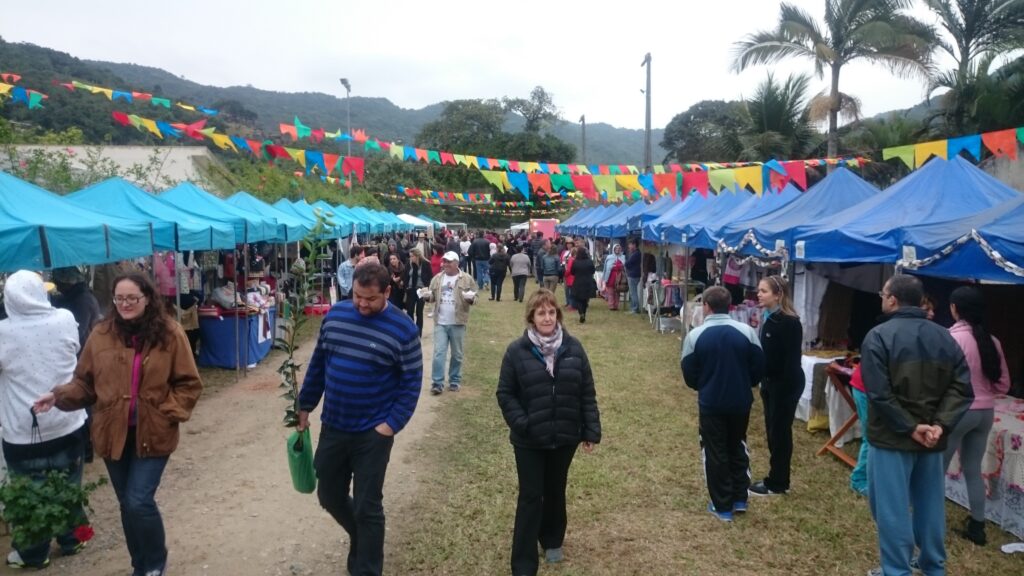I recently had a conversation with the global team behind Earth Day, and I left that call completely blown away by the passion and meticulous organization behind the event. They are behind tens of thousands of Earth Day events worldwide, including one right here in my city. It got me thinking about how far I’ve come from those humble days of orchestrating little movie theater sessions for kids at a local fair in Brazil. Back then, I never imagined those early experiments would someday lead to coordinating large-scale Earth Day events with city partners (which always brings back memories of dealing with Brazilian politicians), churches (even though I’m agnostic), and sponsors (since I admittedly suck at pitching).

The biggest little cinema in town.

I’ve always had this odd notion that I wasn’t cut out to be an event guy, the idea of organizing something only to see empty seats used to terrify me. Yet here I am, spearheading events run by 100% volunteer-based nonprofits, operating on shoestring budgets, or sometimes, virtually none. Every event is a leap of faith, and despite the occasional panic, there’s a thrill in watching it all come together, even if it means sometimes laughing off the worst-case scenarios over coffee.
The volunteer spirit is at the heart of these events, but even passion comes with a price tag. Sponsorships enter the picture, each with its own mission and set of values. This year, for instance, we were approached by a wide array of organizations, from big sports clubs and banks to electric vehicle companies. It’s a constant balancing act, because while accepting sponsorships can boost our budget and extend our outreach, it can also tether us to partners whose values might not fully align with our environmental or ethical stances.
Declining sponsorships feels like a double-edged sword; on one hand, it might mean fewer resources and a smaller reach, and on the other, it reinforces the pride I take in keeping our mission uncompromised by external interests that delve too deeply into environmental or political controversies.
In the end, these Earth Day events are more than just a calendar date; they are a testament to the unpredictable, often messy journey of turning small beginnings into meaningful, community-driven celebrations. And while the challenges are many and the stakes sometimes feel higher than a teenager’s first crush, the shared commitment of everyone involved makes every moment worth it.

Here’s to the unexpected paths, to volunteers who show up rain or shine, and to keeping our footprint light on the planet and heavy on authenticity.


